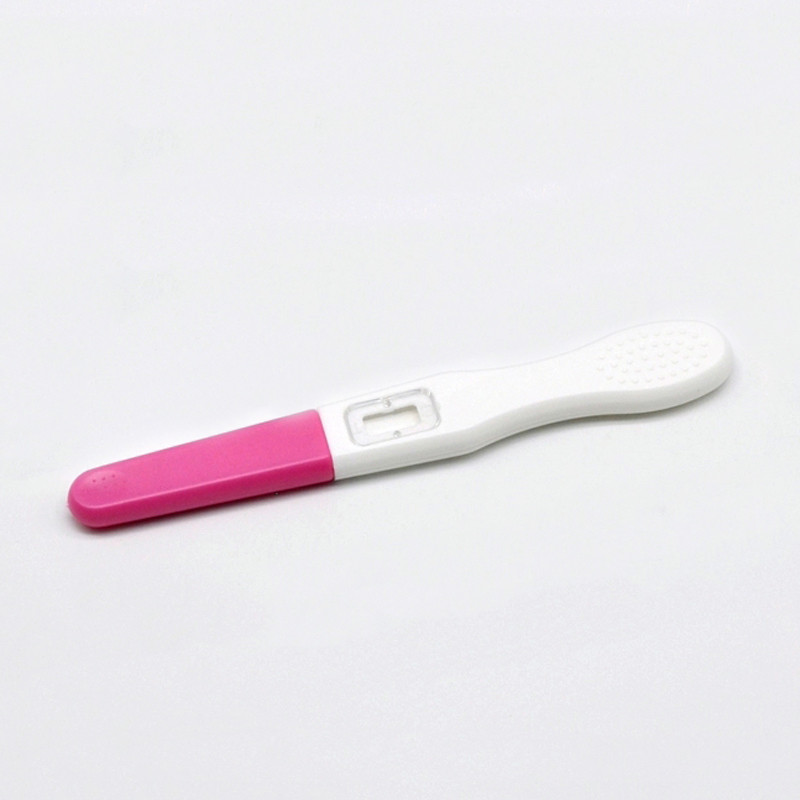Sep . 08, 2024 01:42 Back to list
ICT Malaria - Innovative Solutions for Malaria Testing and Diagnostics
Understanding ICT Malaria Manufacturers Innovations in Malaria Control
Malaria remains a significant global health challenge, affecting millions of people worldwide, particularly in sub-Saharan Africa. One of the key developments in the fight against this disease is the advancement of diagnostic tools, particularly ICT (Information and Communication Technology) solutions. Among these, rapid diagnostic tests (RDTs) for malaria play a crucial role, and various manufacturers are stepping up to meet the demand for accurate and timely diagnosis.
Understanding ICT Malaria Manufacturers Innovations in Malaria Control
The landscape of ICT malaria manufacturers is diverse, with companies ranging from large multinational corporations to small local enterprises. Each manufacturer brings unique innovations to the table, often driven by advancements in biotechnology and manufacturing processes. For instance, some manufacturers have developed tests that are not only rapid but also highly sensitive and specific, reducing the chances of false negatives and positives. This is particularly important in areas where accurate diagnosis can be the difference between life and death.
ict malaria manufacturer

Moreover, some ICT manufacturers are increasingly looking toward sustainability and affordability. By creating low-cost RDTs, they aim to increase accessibility for remote and underserved populations. This approach is crucial in malaria-endemic regions where healthcare resources may be limited. Partnerships between manufacturers, governments, and non-governmental organizations are also fostering the development and distribution of these vital diagnostic tools.
In addition to RDTs, manufacturers are exploring the integration of digital solutions. Mobile health (mHealth) applications can enhance data collection, patient tracking, and even provide remote consultation services. This use of technology not only improves diagnostic capabilities but also strengthens health system responses to malaria outbreaks.
In conclusion, ICT malaria manufacturers play a pivotal role in the battle against malaria by developing innovative diagnostic solutions that save lives. Through ongoing advancements in technology and a commitment to accessibility, these manufacturers contribute to a future where malaria can be effectively controlled and eventually eradicated.
-
Dengue NS1 Rapid Diagnostic Test Kit
NewsMar.07,2025
-
Dengue NS1 Rapid Diagnostic Test Kit
NewsMar.07,2025
-
Dengue NS1 Rapid Diagnostic Test Kit
NewsMar.07,2025
-
Transferrin Rapid Test Cassette Tumor Marker TF Card
NewsMar.07,2025
-
Malaria Pf Pan Rapid Diagnostic Test Kit
NewsMar.07,2025
-
malaria pf / pan ag rapid test
NewsMar.07,2025

